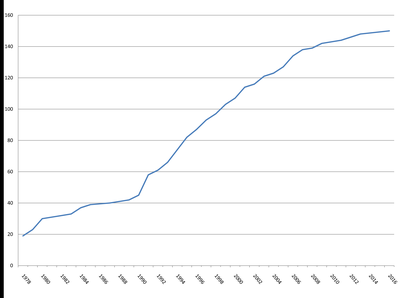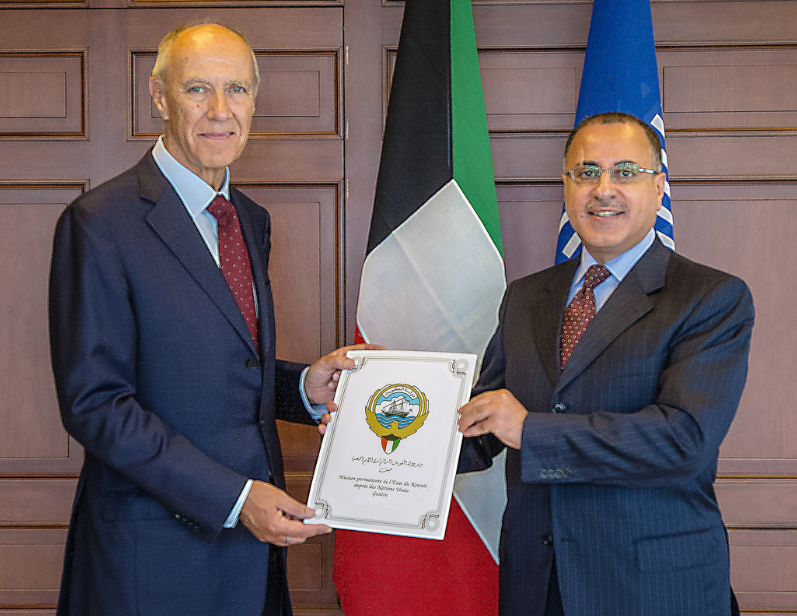The twentieth annual AIPLA PCT Seminar will take place July 25 and 26 (Monday and Tuesday) in Alexandria, Virginia. It’s time to sign up if you have not already signed up.
This Seminar is different from other PCT programs in that it has not only official patent office presenters but also practitioners. Among the presenters are a speaker from China and a speaker from Europe, and they will talk about how to draft a PCT patent application with China and Europe in mind. They will also talk about the process of entry into the Chinese national phase and European regional phase.
Yours truly is among the presenters.
To register, or to find out more, click here.


